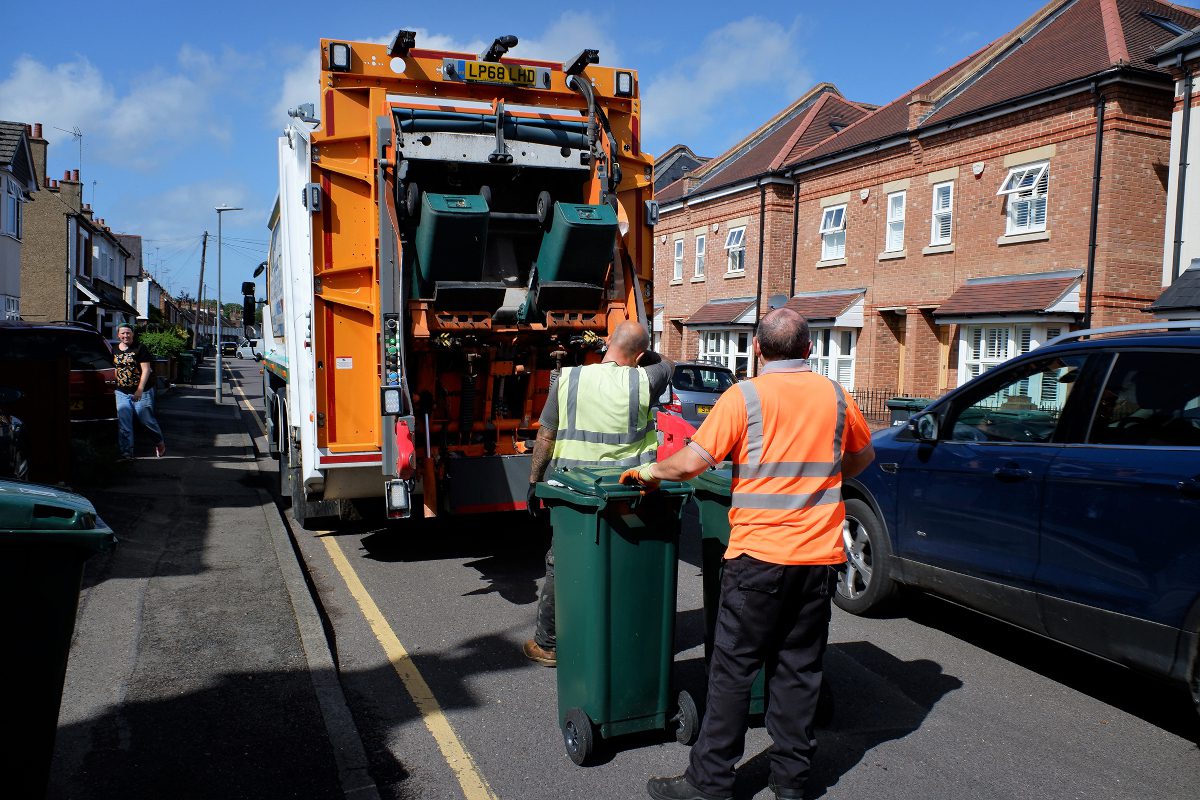
Councils are calling for reform of a planned tax on burning plastic, which they warn could place billions of pounds of unavoidable costs onto councils over the next decade, according to the Local Government Association (LGA).
The Emissions Trading Scheme is a system which puts a market price on carbon emissions. It currently applies to the aviation industry, and the last government proposed to expand it to the incineration of waste from 2028, which councils support.
However, they have no powers to reduce the amount of fossil-based material put on the market, no meaningful levers to reduce the levels of fossil-based waste sent for incineration, or the ability to deliver the infrastructure to recycle plastics or capture carbon.
The LGA warns this could force councils to cut back services, rather than targeting manufacturers that have the power to reduce plastic production, in a new report published today.
The group – the largest representative body for local councils in the UK – says the Emissions Trading Scheme (ETS) tax could push costs onto councils as high as £747 million in 2028, rising to £1.1 billion in 2036, with a total cost over this period as high as £6.5 billion.
Ahead of the Spending Review, councils are calling on government to rapidly review plans for the ETS extension to waste, to protect local services and to prioritise policy and finance incentives on producers to design out fossil material.
It comes as a new report by the LGA, which represents councils, found the new costs would lead to reductions in services including:
- Nearly 80 percent of councils reducing their overall waste and recycling services
- A drop in the range of services provided by household recycling centres in 77 per cent of councils
- Falls in fly-tipping services in 65 per cent, street cleaning and littering in 63 per cent, and street bins provision in 60 per cent of councils.
Almost every council expects that the carbon tax would push new costs onto other council services, according to the report. Two thirds of councils said the costs would lead to reductions to local net zero schemes and green energy projects, such as to help communities put solar panels on rooftops and transition to electric vehicles, which are designed to cut carbon and costs.
English councils manage 14.3 million tonnes of residual (non-recycled) waste each year, with the vast majority being treated at energy-from-waste plants. Of this, the LGA estimates 5.7 million tonnes is fossil-based plastics.
Instead, councils are calling on government to use the upcoming Spending Review to ensure the costs are passed on to the industries creating fossil-based material in the first place – such as found in packaging, textiles, electricals and furniture – to encourage them to produce less plastic ending up as hard-to-recycle waste.
Local government’s offer to government around green energy ambitions is enormous.
To accelerate towards net zero, the Government should adopt a comprehensive long-term, place-based strategy that reforms the funding, planning and delivery landscape to unlock the potential of councils as leaders and conveners with housing, planning, waste and transport powers.
Cllr Adam Hug, environment spokesperson for the LGA said:
“Councils want to see a reduction in carbon emissions and support the aims of the scheme, while encouraging recycling efforts, but to succeed we need to see the right incentive in the right places.
“Current proposals are hitting the wrong target. It will load billions of pounds of extra costs onto councils, who will have little choice but to cut back valued local waste and recycling services and net zero projects, while producers of fossil-based material avoid incentives to reduce what they produce.
“The Spending Review is an opportunity for government to review these proposals and force producers of fossil-based waste to face up to their responsibilities, by reducing the amount of plastic entering the market, instead of loading unaffordable extra costs onto already overstretched local councils.”
In a separate poll commissioned by the LGA, 64 per cent of the public say they support a requirement on companies to reduce the plastic used to make household items that end up as hard-to-recycle waste, with just 8 per cent opposing a requirement.

